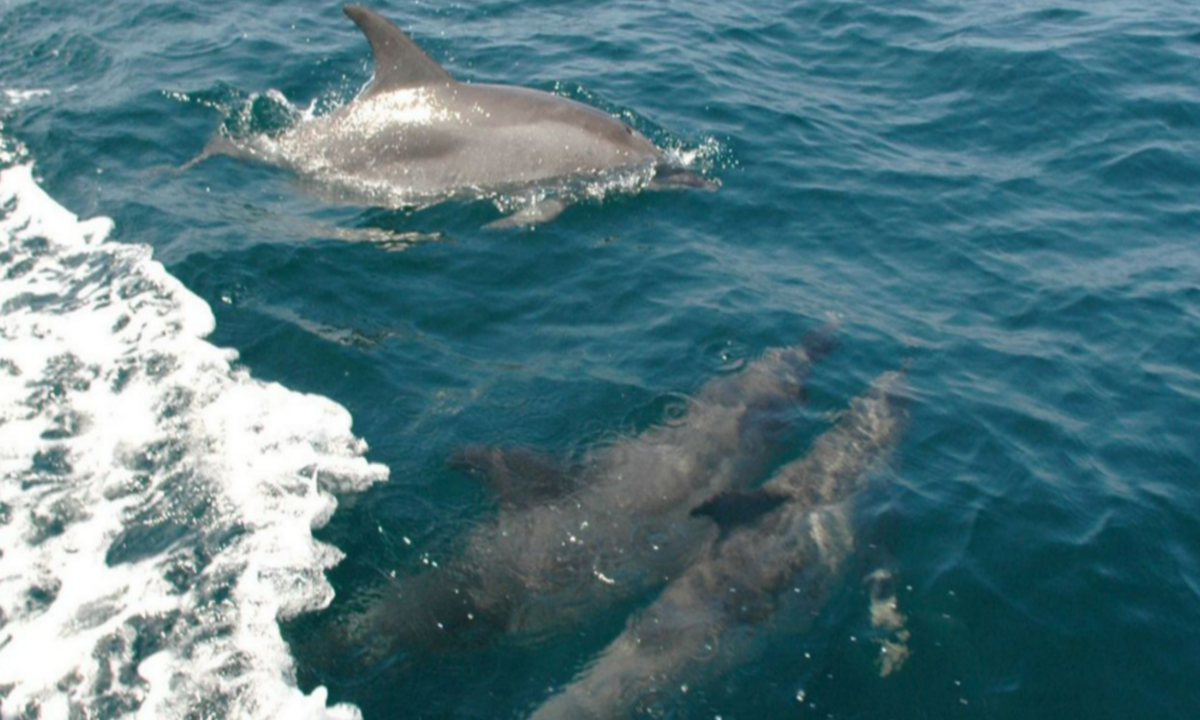A recent and alarming discovery reveals that dolphins in Texas are being contaminated with drugs, including cocaine and antidepressants. This shocking revelation highlights the growing problem of pollution in our oceans, largely caused by human activities. Despite the severity of the issue, there seems to be little urgency to address it. Let’s dive deeper into how drugs are affecting dolphins and why this crisis needs immediate attention.
How Drugs Are Polluting Oceans
Drugs enter the oceans through various human activities, including:
Improper Disposal of Medications: When people discard medications improperly, such as flushing them down toilets, these substances eventually make their way to water systems.
Untreated Sewage and Runoff: Stormwater runoff and untreated sewage carry pharmaceuticals and other chemicals into the oceans.
Inefficient Wastewater Treatment: Many treatment plants are not equipped to filter out complex chemicals like drugs, worsening the problem.
These pollutants accumulate in coastal areas where marine animals, including dolphins, are directly exposed.
What Drugs Are Found in Dolphins?
Tests on dolphin tissues have revealed traces of several harmful substances:
Cocaine: Overstimulates their nervous systems, causing erratic movements and impaired decision-making.
Antidepressants: Disrupt serotonin levels, affecting social behavior, hunting, and reproduction.
Opioids: May have severe physiological effects, further weakening the animals.
These substances alter dolphins’ natural behavior and can lead to long-term health issues, including weakened immune systems, leaving them vulnerable to diseases.
Impact on Dolphin Populations
The effects of drug contamination extend beyond individual dolphins:
Disrupted Social Structures: Dolphins rely on strong social bonds for survival. Changes in behavior caused by drug exposure can break down these structures.
Reproductive Challenges: Mothers exposed to drugs may struggle to care for their calves, potentially leading to population declines.
Ecosystem Imbalance: The problem can cascade through the food chain, affecting the broader marine ecosystem.
Why Isn’t This Crisis Being Addressed?
Despite the gravity of the situation, there is a noticeable lack of action. Here are some reasons:
Lack of Awareness: Many people are unaware of the extent of pollution and its consequences on marine life.
Regulatory Gaps: Existing laws often fail to address pharmaceutical pollutants effectively.
Funding Shortages: Conservation efforts lack the necessary funding to tackle the issue.
Human-Centric Priorities: Environmental policies typically focus on issues that directly affect humans, leaving marine ecosystems neglected.
A Global Problem, Local Impact
While the issue is prominent in Texas, it is not isolated. Oceans worldwide face similar challenges. Drug contamination doesn’t only harm marine life—it can also enter the human food chain through seafood consumption.
What Can Be Done to Help Dolphins and Marine Life?
Experts emphasize the need for urgent action to reduce pollution and protect marine ecosystems. Here are some recommendations:
Improve Wastewater Treatment: Upgrade treatment plants to filter out pharmaceuticals and other harmful contaminants.
Educate the Public: Raise awareness about the importance of proper drug disposal methods.
Increase Monitoring: Regularly test water quality and marine life health to identify pollution sources.
Allocate More Funding: Governments and organizations must invest in conservation and research efforts.
Stronger Legislation: Enforce stricter environmental laws to tackle pollution at its roots.
Conclusion: A Call to Action
The plight of Texas dolphins serves as a grim reminder of humanity’s impact on the environment. These intelligent, social creatures are suffering due to our negligence. The issue is not only ecological but also ethical—we have a responsibility to protect marine life.
The time to act is now. By reducing pollution, advocating for stronger environmental protections, and raising awareness, we can work toward cleaner oceans and a healthier planet. Without immediate intervention, the future of marine species like Texas dolphins remains uncertain. Let this be a wake-up call for change.
Disclaimer—Our team has checked this article to ensure its accuracy and eliminate any misinformation. We are committed to providing clear and reliable information for our readers.




